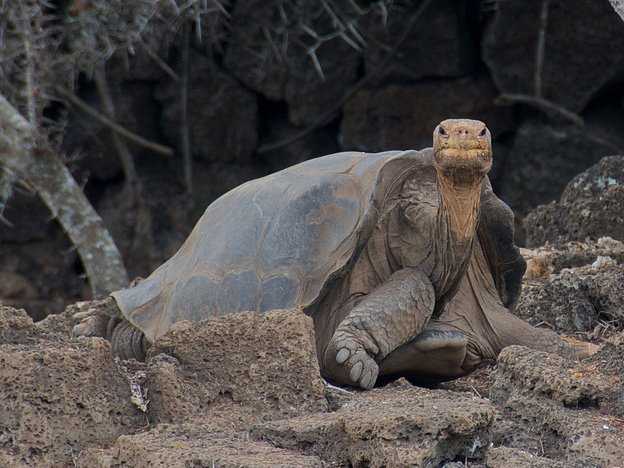The extinction of a species is a heart-wrenching event, and unfortunately, it's become more common in recent years. The impact of human activities such as habitat destruction, pollution, and climate change has led to an unprecedented rate of extinction. In the last decade alone, several species have disappeared forever. In this article, we will explore seven of these extinct species and the reasons for their loss.
Pinta Island tortoise
Lonesome George, the last known individual of the Pinta Island tortoise species, died in 2012. Despite efforts to breed him with other tortoises, none of the offspring survived. This species was unable to adapt to the changing environment due to human activities like hunting and habitat destruction.Spix's macaw
Bramble Cay melomys
The Bramble Cay melomys, a small rodent found only on a tiny coral island off the coast of Australia, was declared extinct in 2019 due to habitat loss and rising sea levels due to climate change.
Yangtze River dolphin
The Baiji dolphin or Yangtze River dolphin was declared functionally extinct in 2007 after an extensive survey failed to find any individuals. This species could not cope with human activities like water pollution, shipping, and habitat loss.
Christmas Island pipistrelle
The Christmas Island pipistrelle, a bat species endemic to Christmas Island, was declared extinct in 2009 due to habitat destruction, climate change, and predation by non-native species.
Western black rhinoceros
The western black rhinoceros was declared extinct in 2011 due to poaching for their horns and habitat loss.
Golden toad
The golden toad, endemic to the Monteverde Cloud Forest Reserve in Costa Rica, was declared extinct in 2007. The cause of its extinction is believed to be climate change-related droughts.
The loss of these species is a tragic event, and it's important to remember that each species plays a vital role in its ecosystem. The extinction of a species can have far-reaching consequences, affecting other animals, plants, and even humans. Conservation efforts and reducing human impact on the environment are crucial to preserving the world's biodiversity. The extinction of species is an urgent issue that requires immediate attention. We can all take small steps to reduce our impact on the environment and help prevent further loss of biodiversity. By working together, we can make a positive change for the planet and all its inhabitants.







Isn't extinction part of evolution?
ReplyDelete